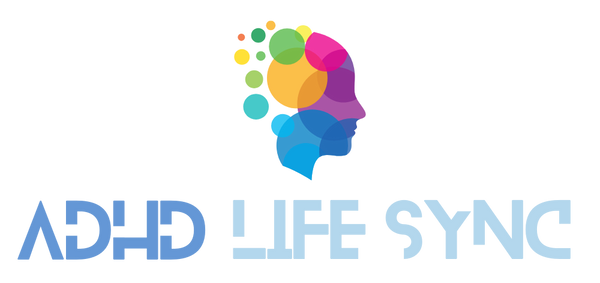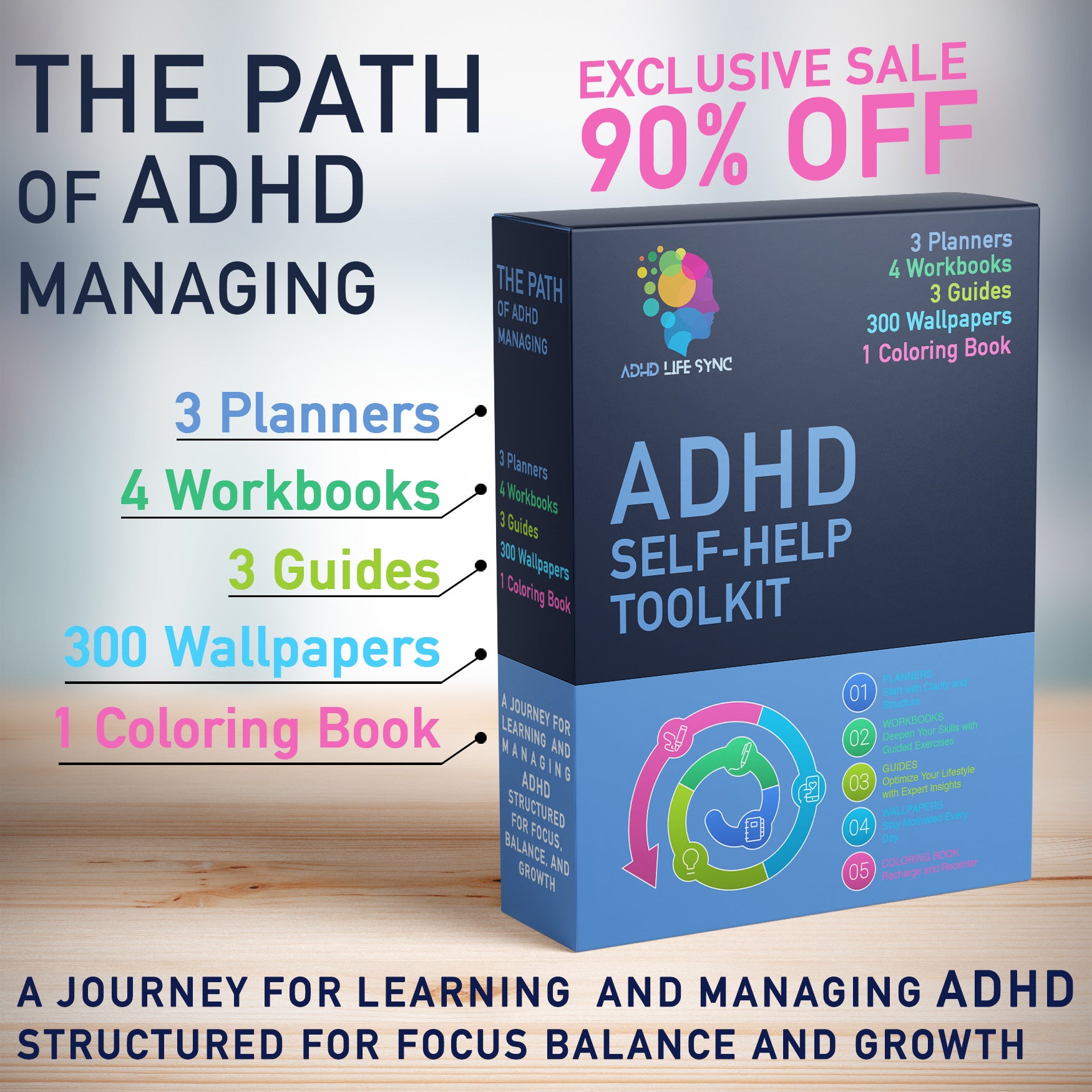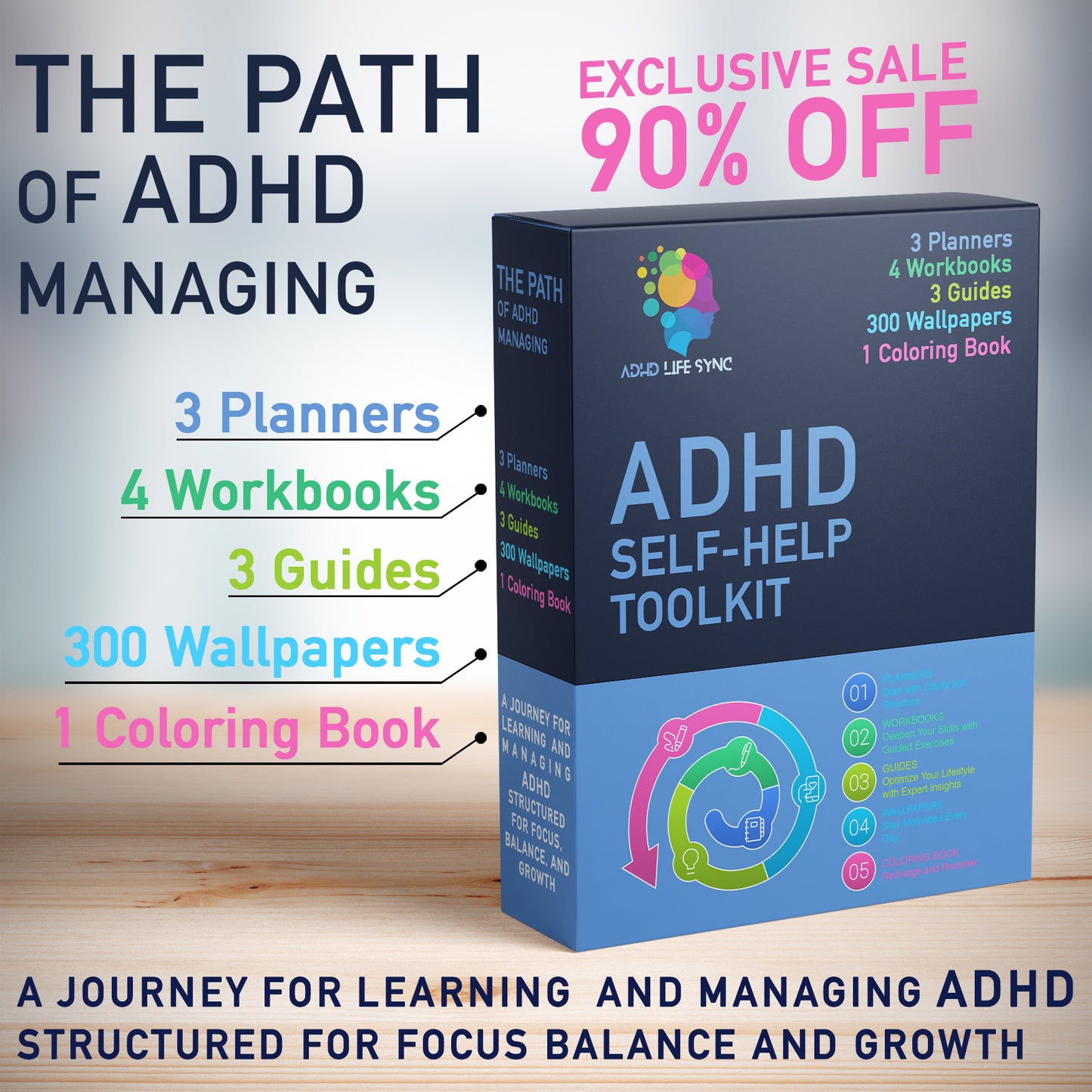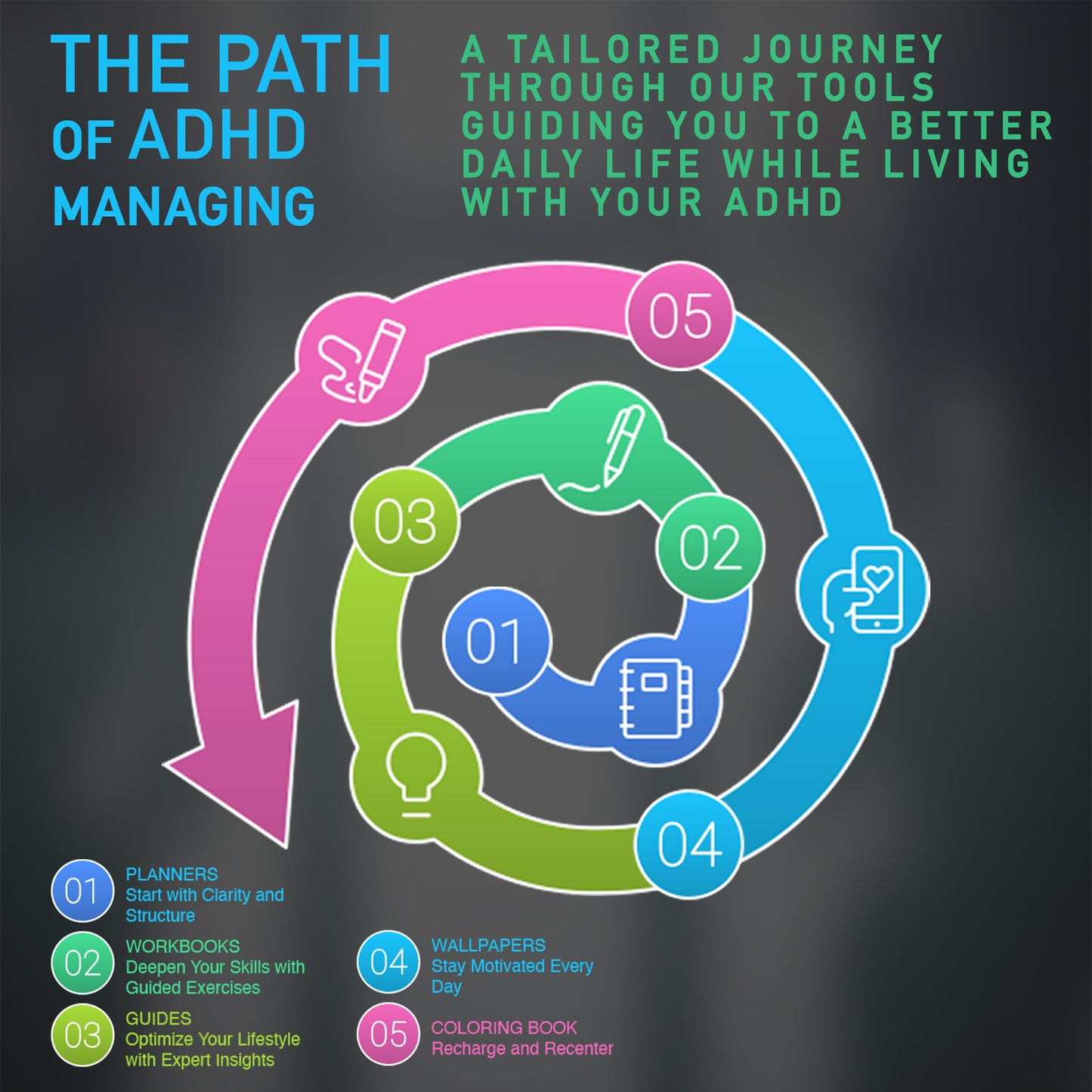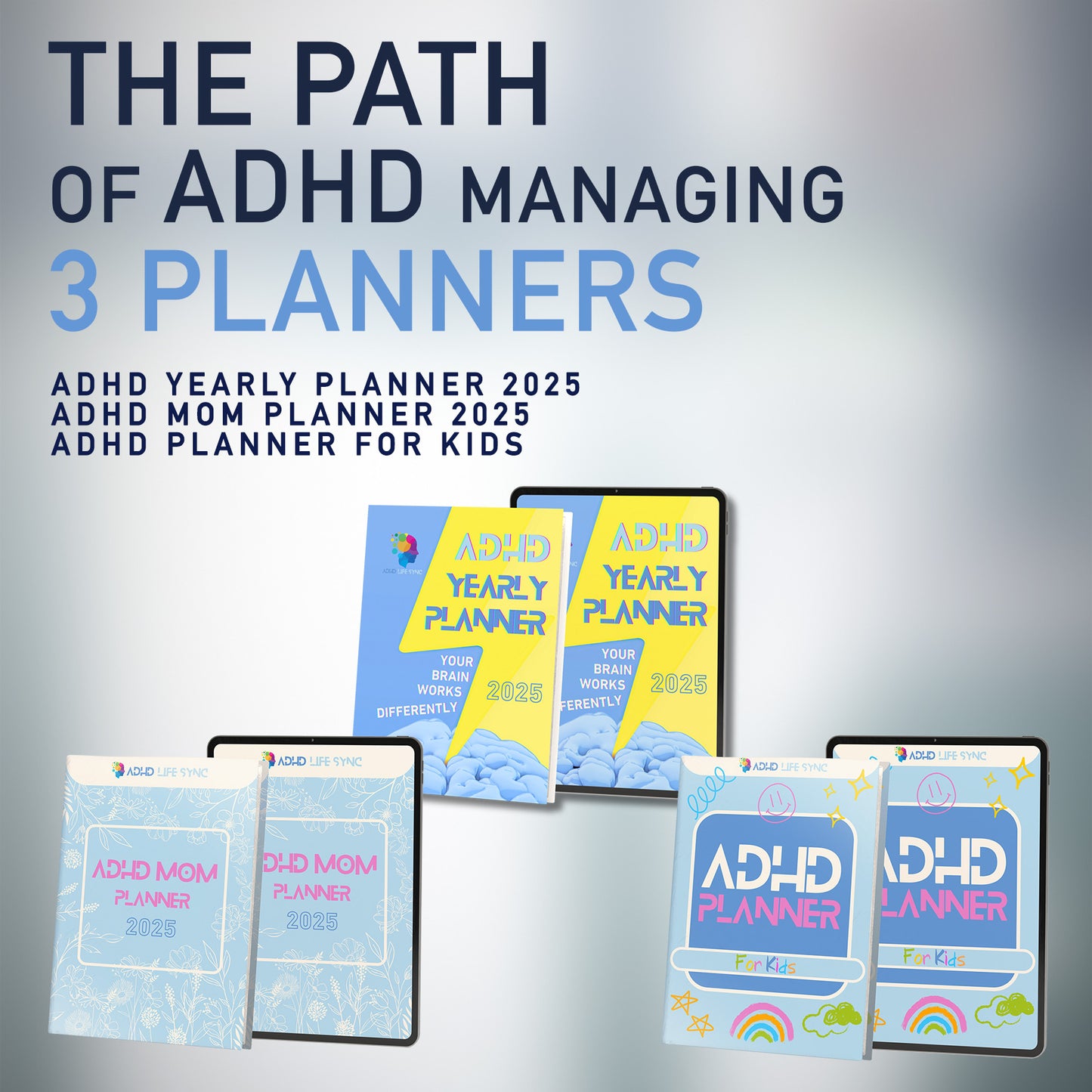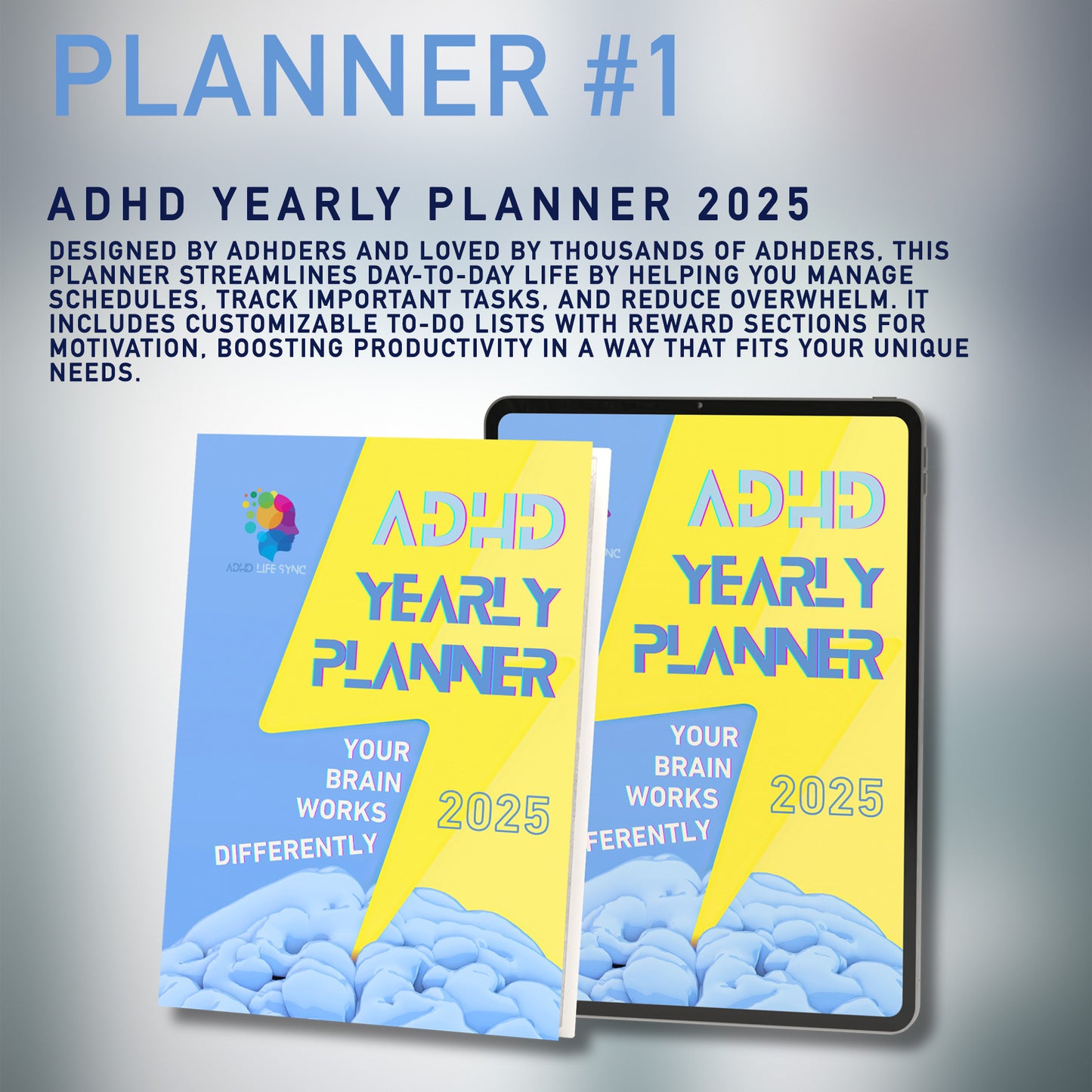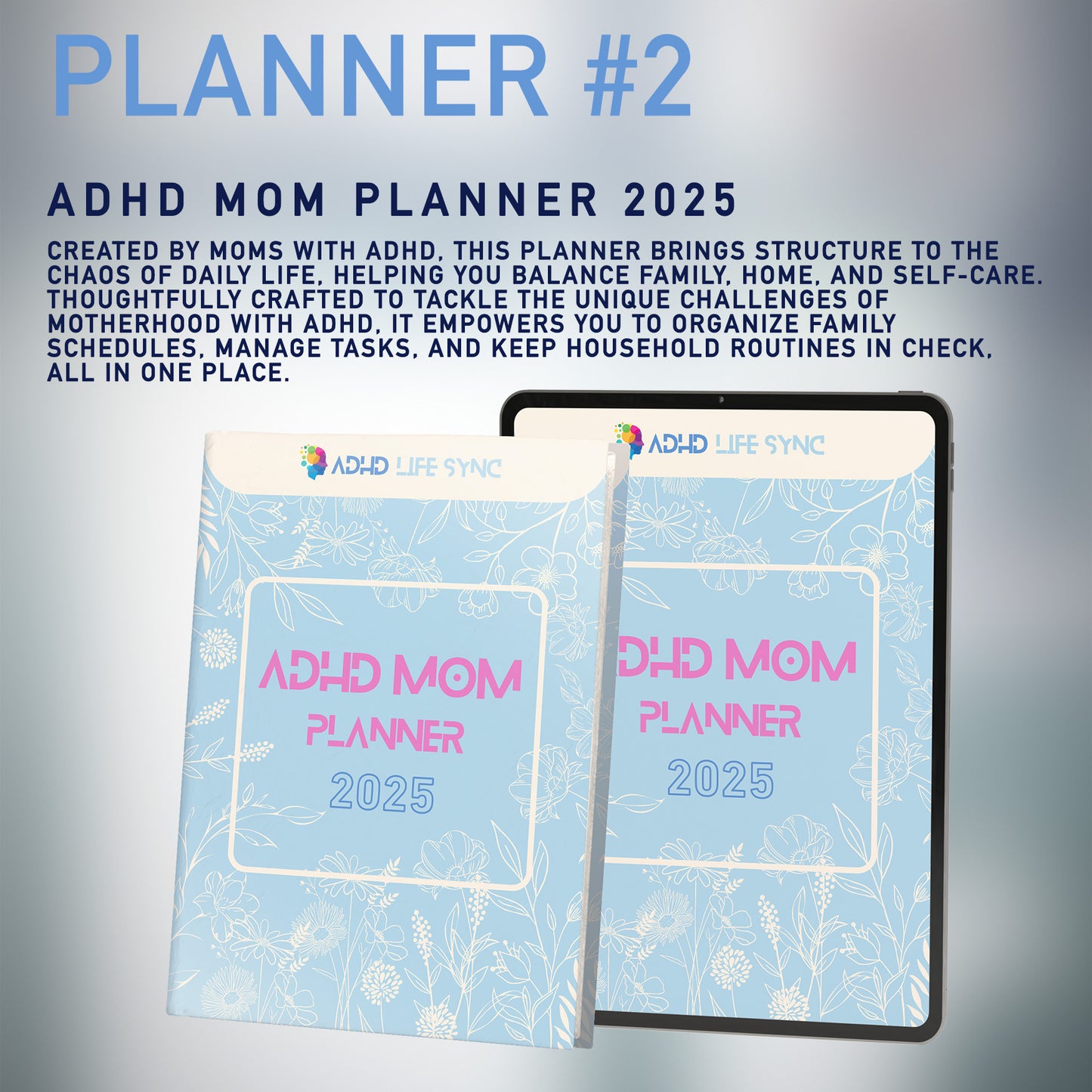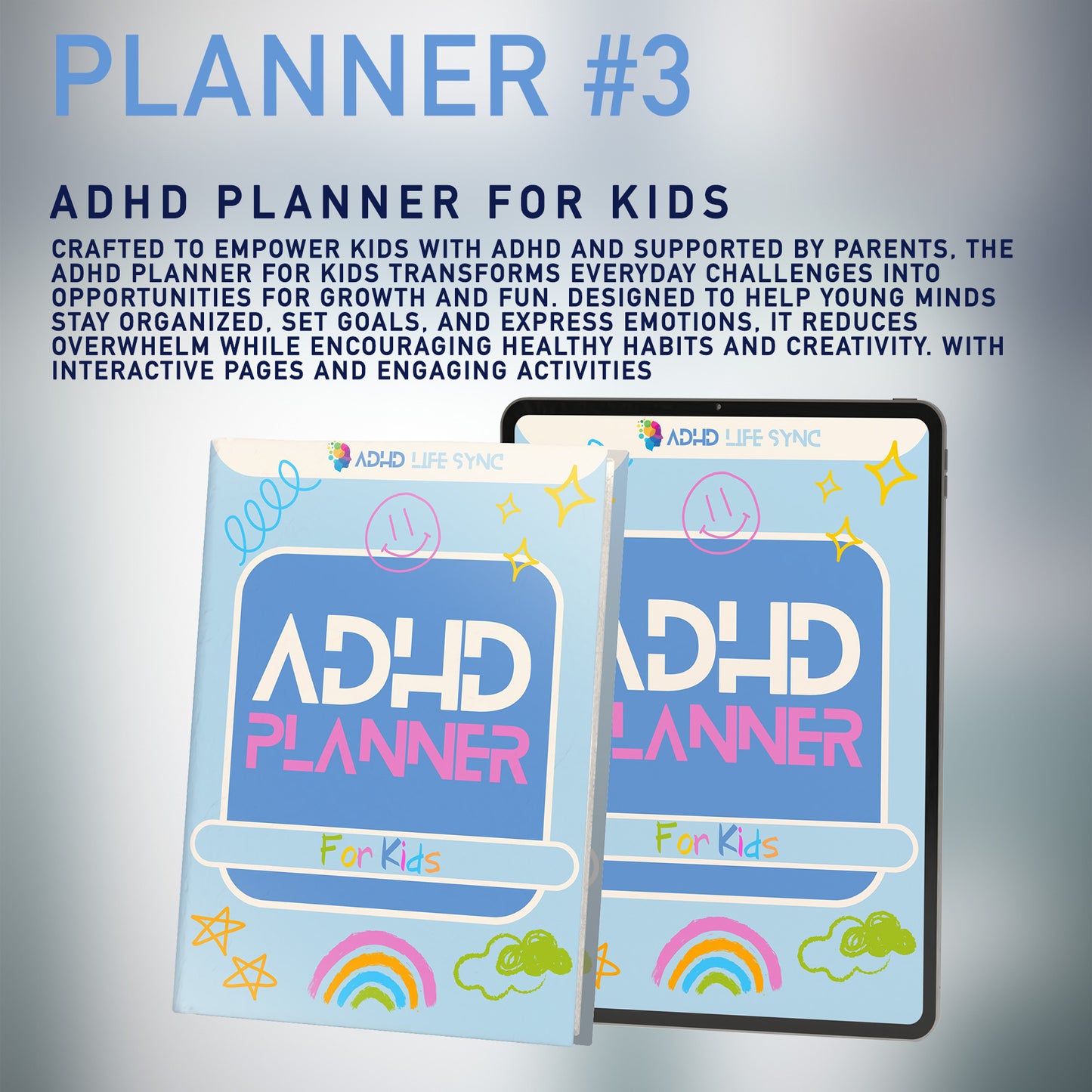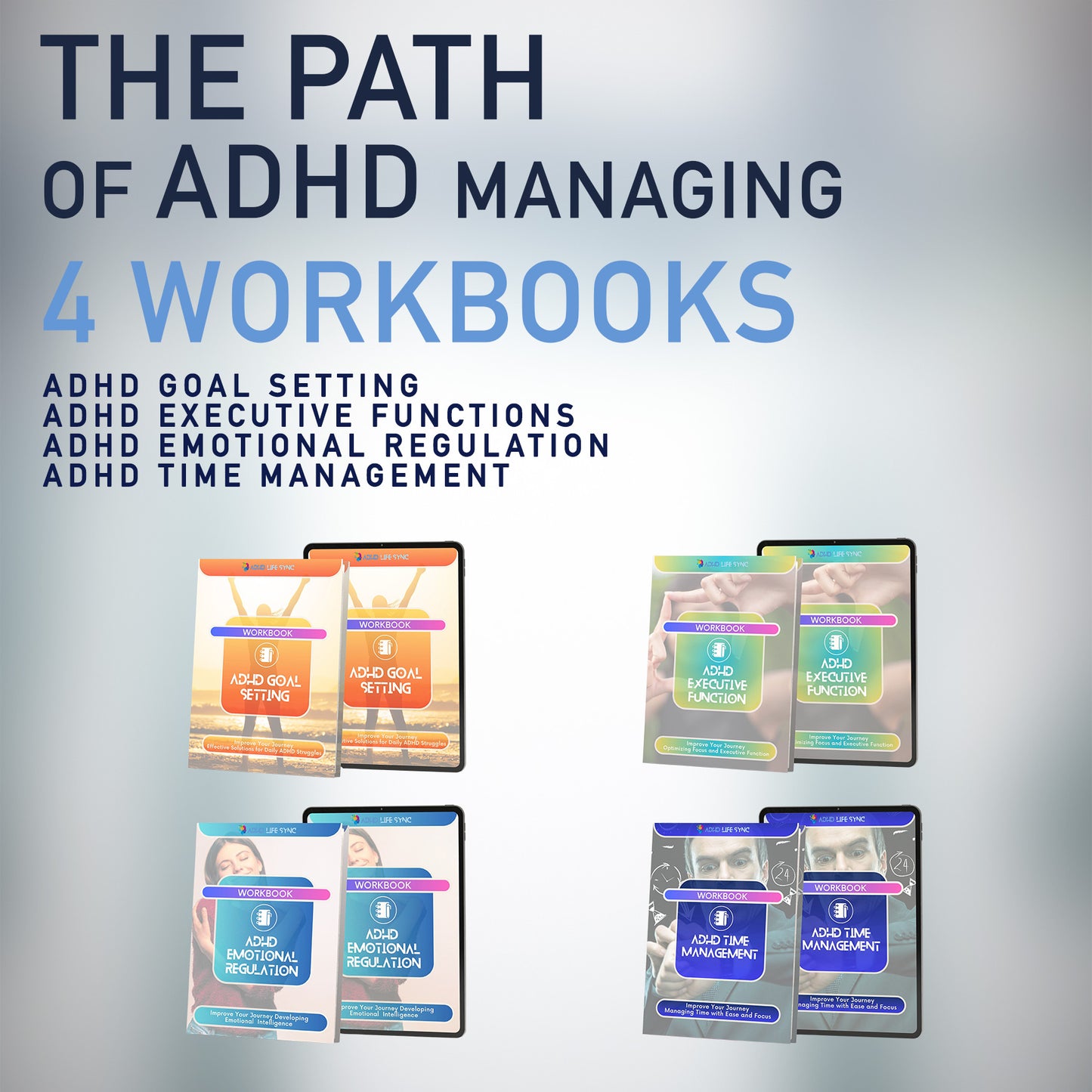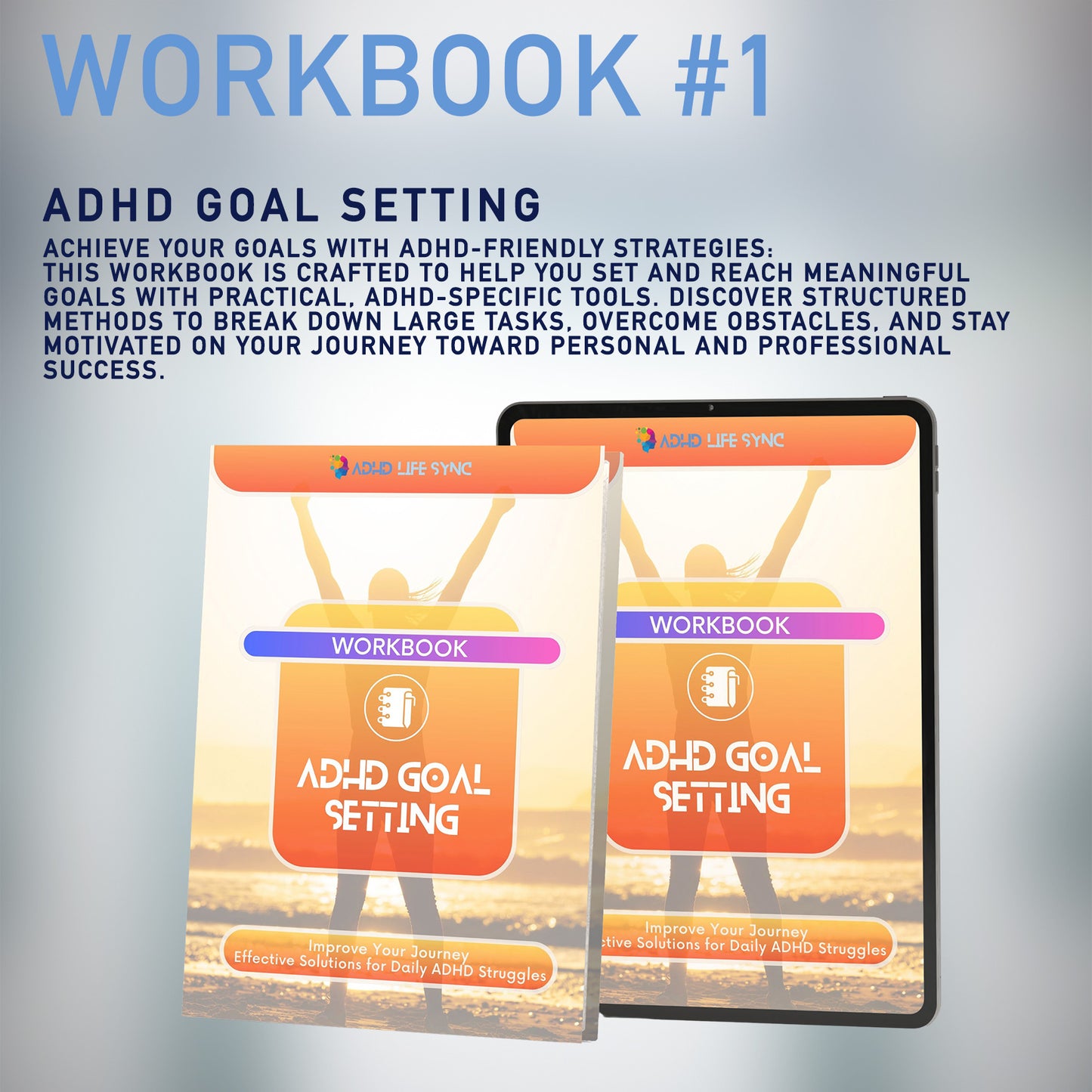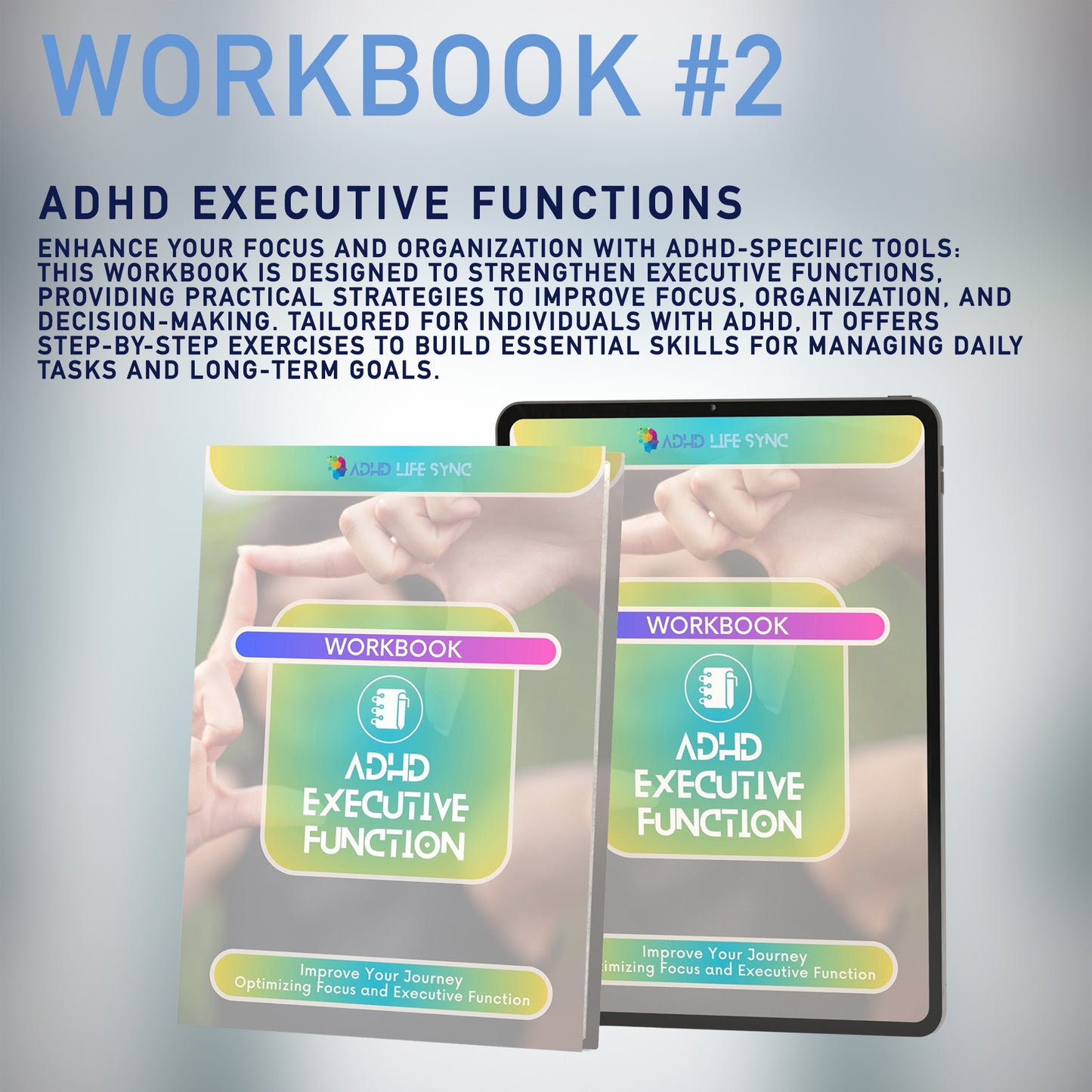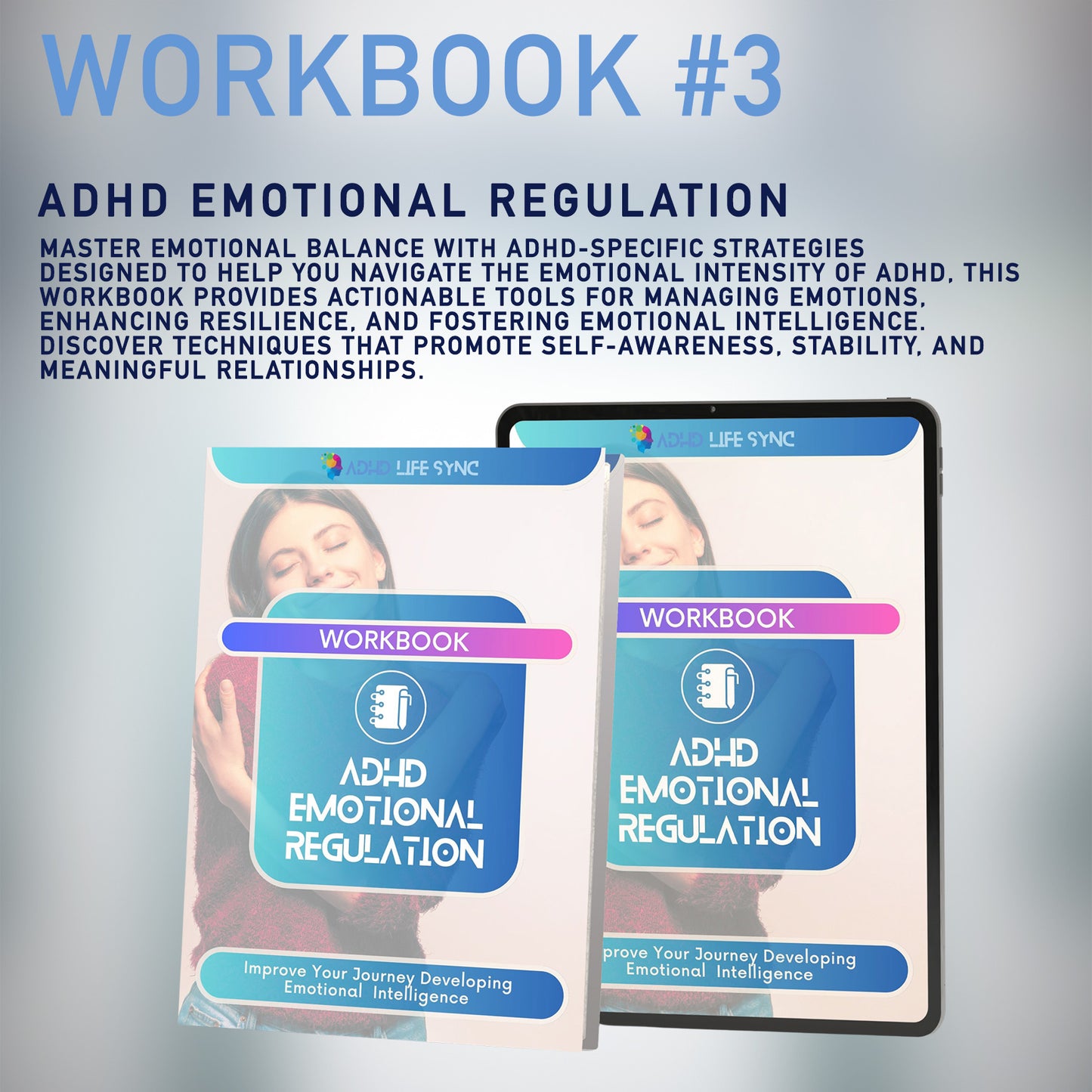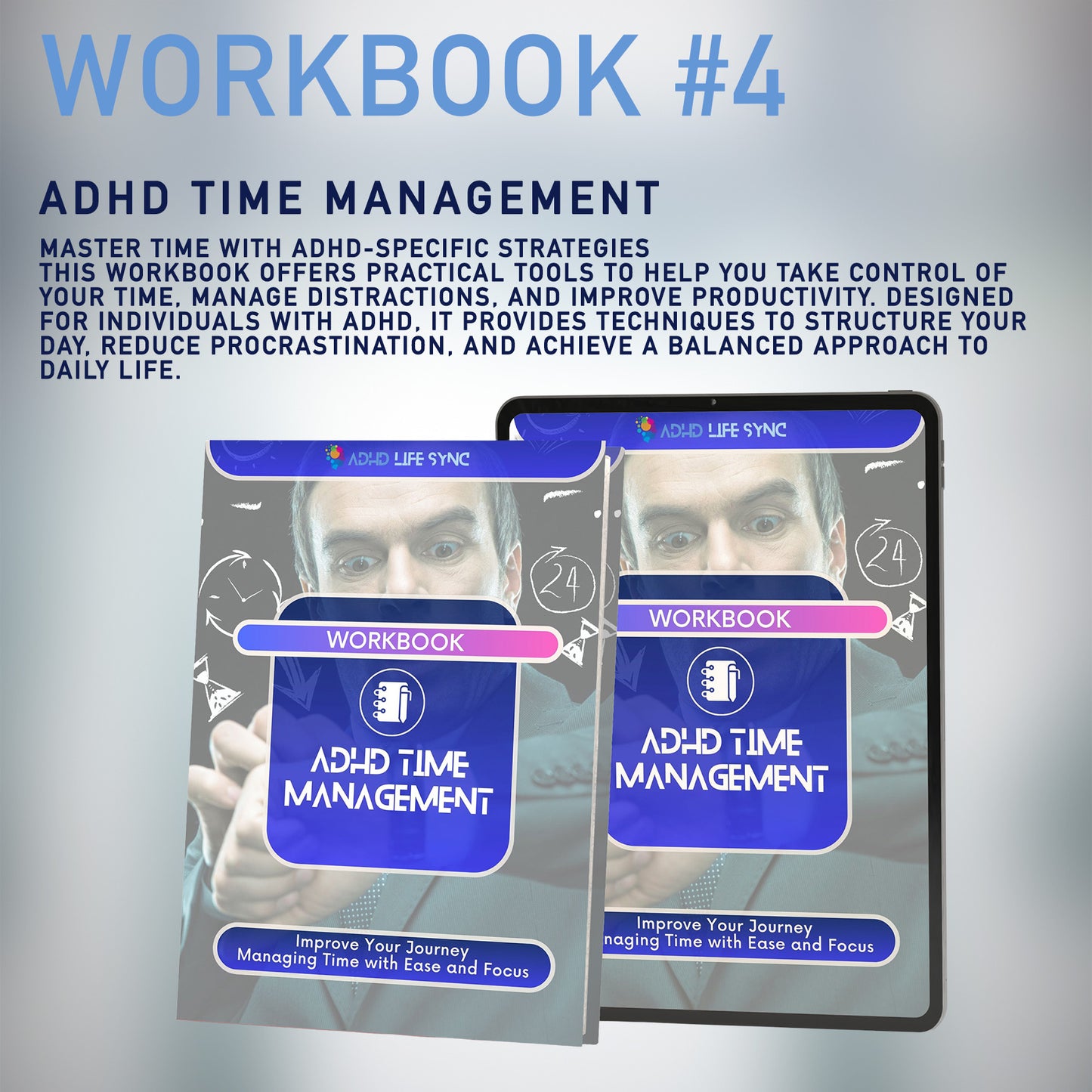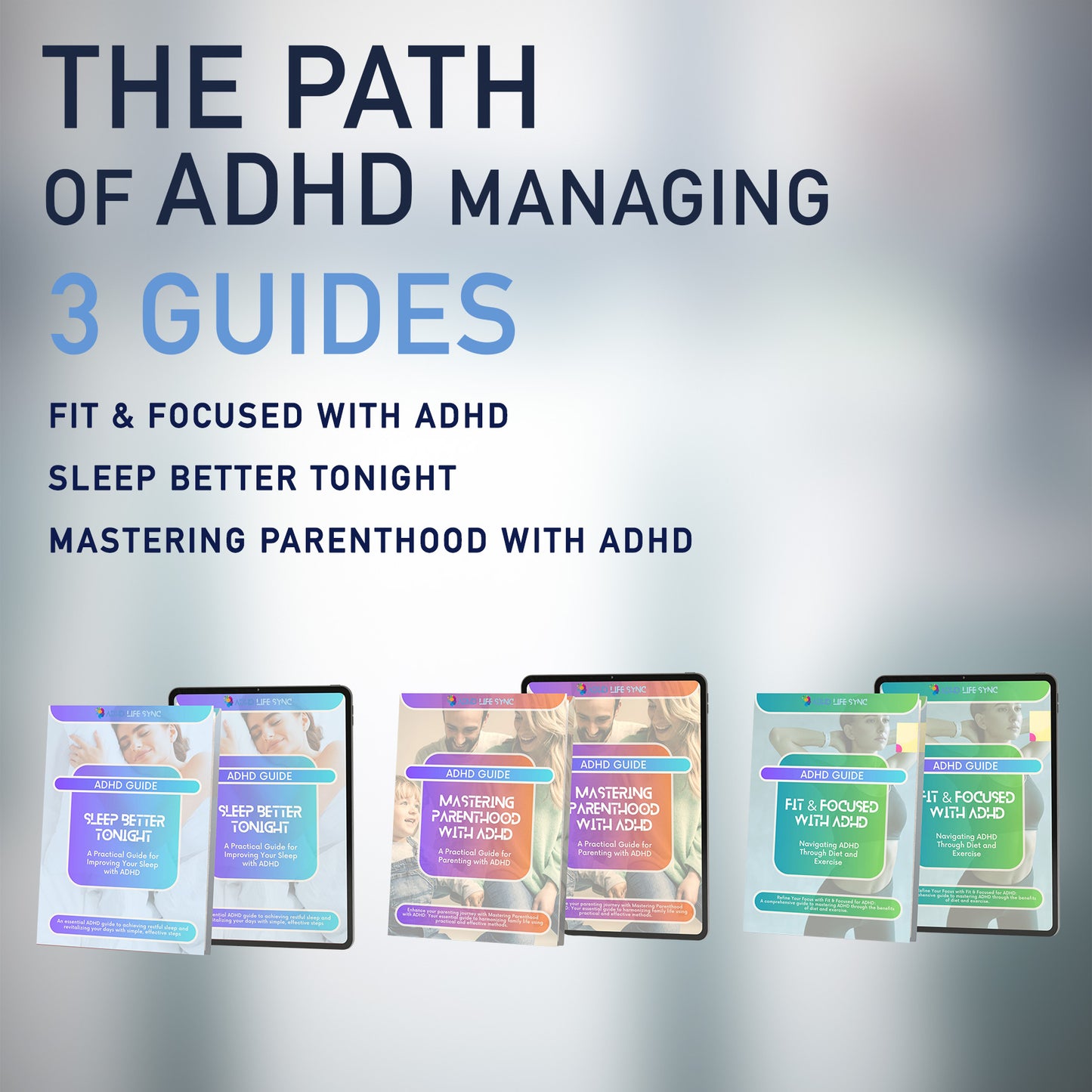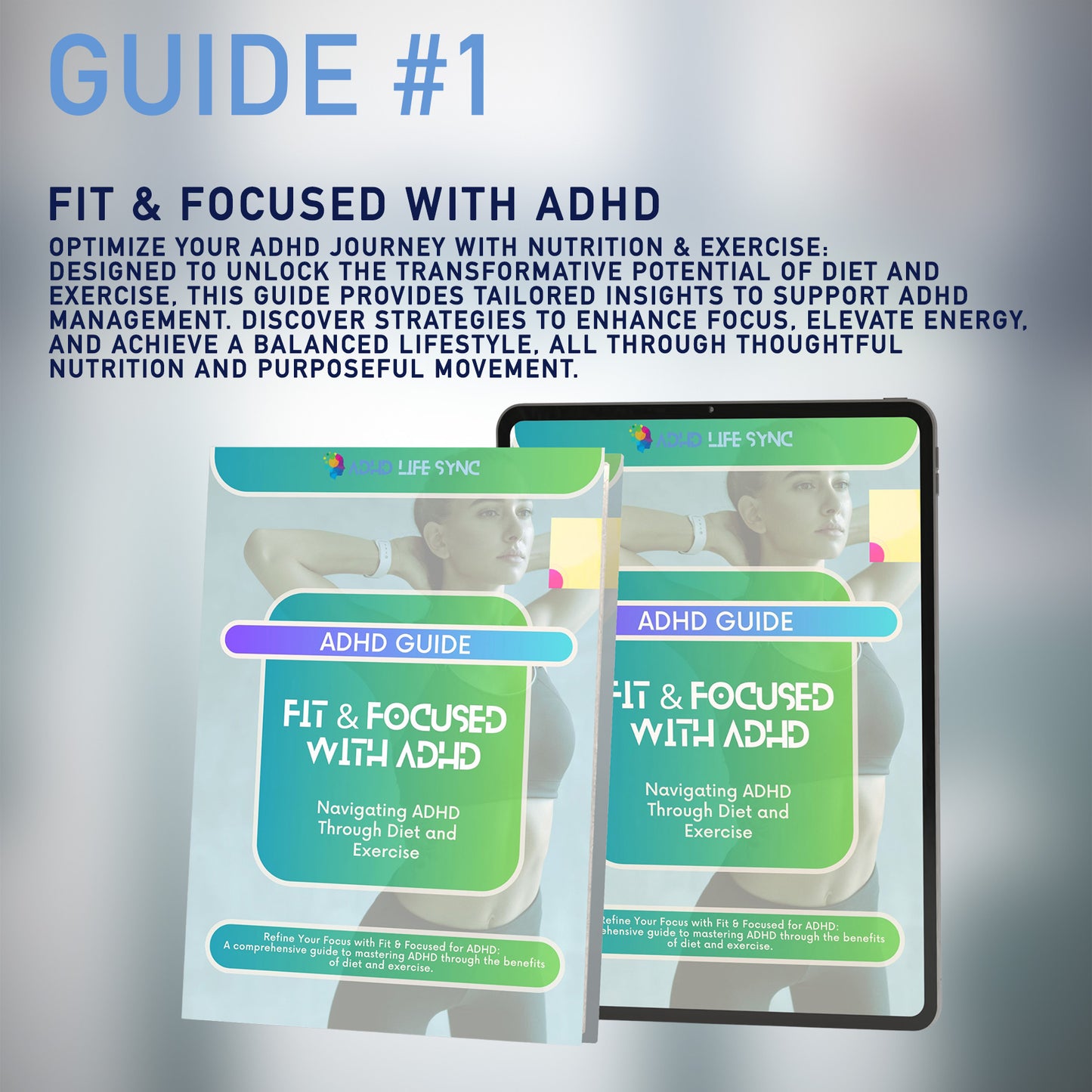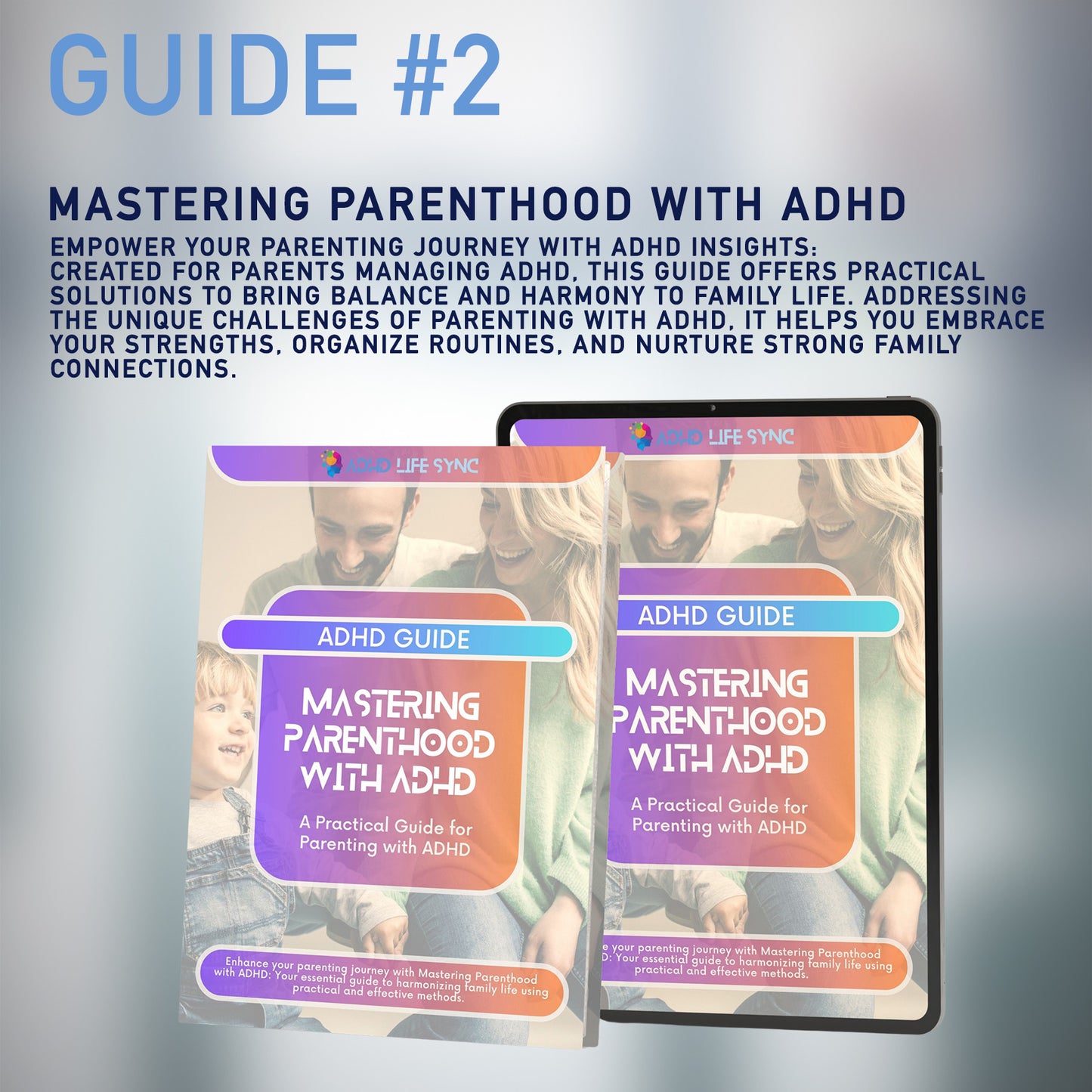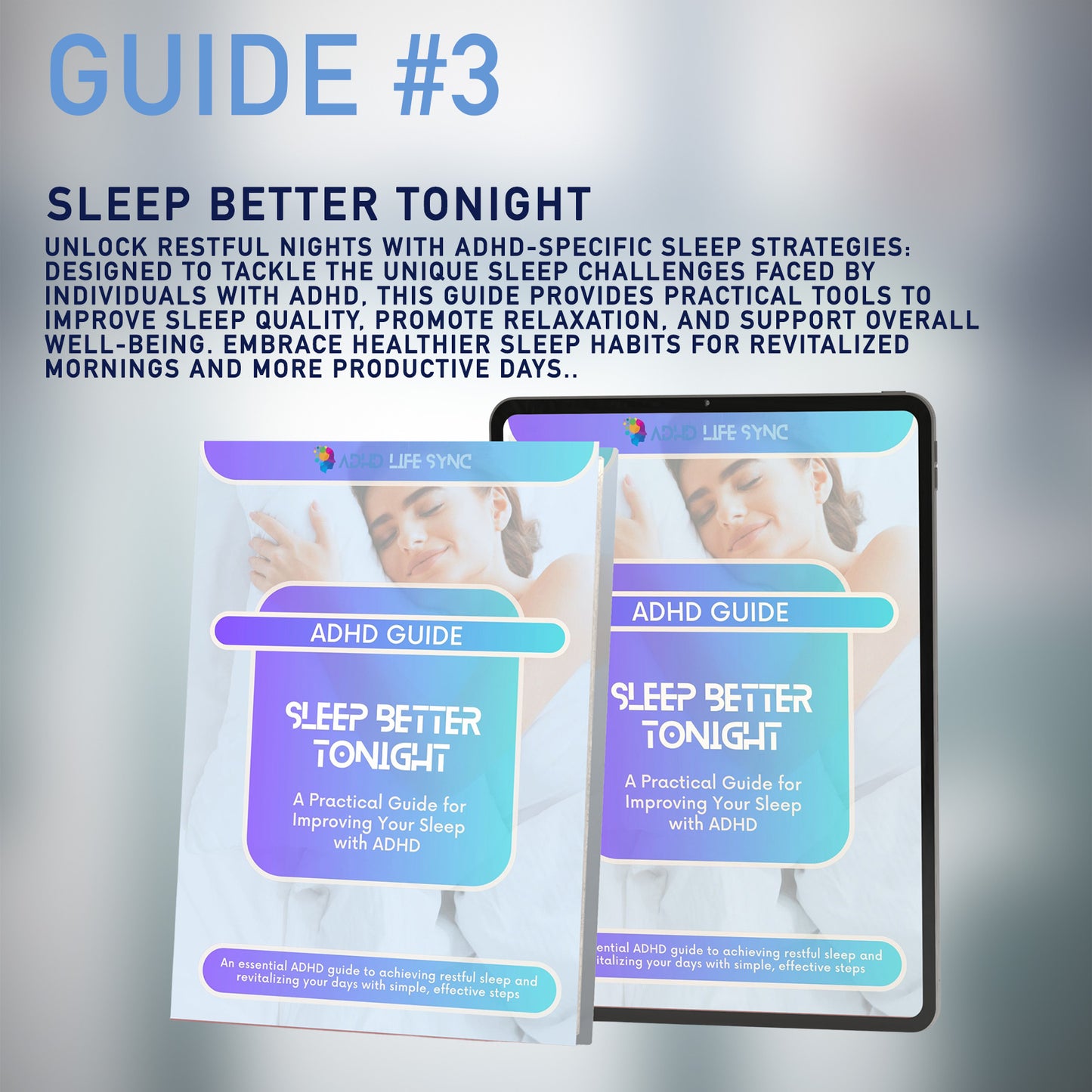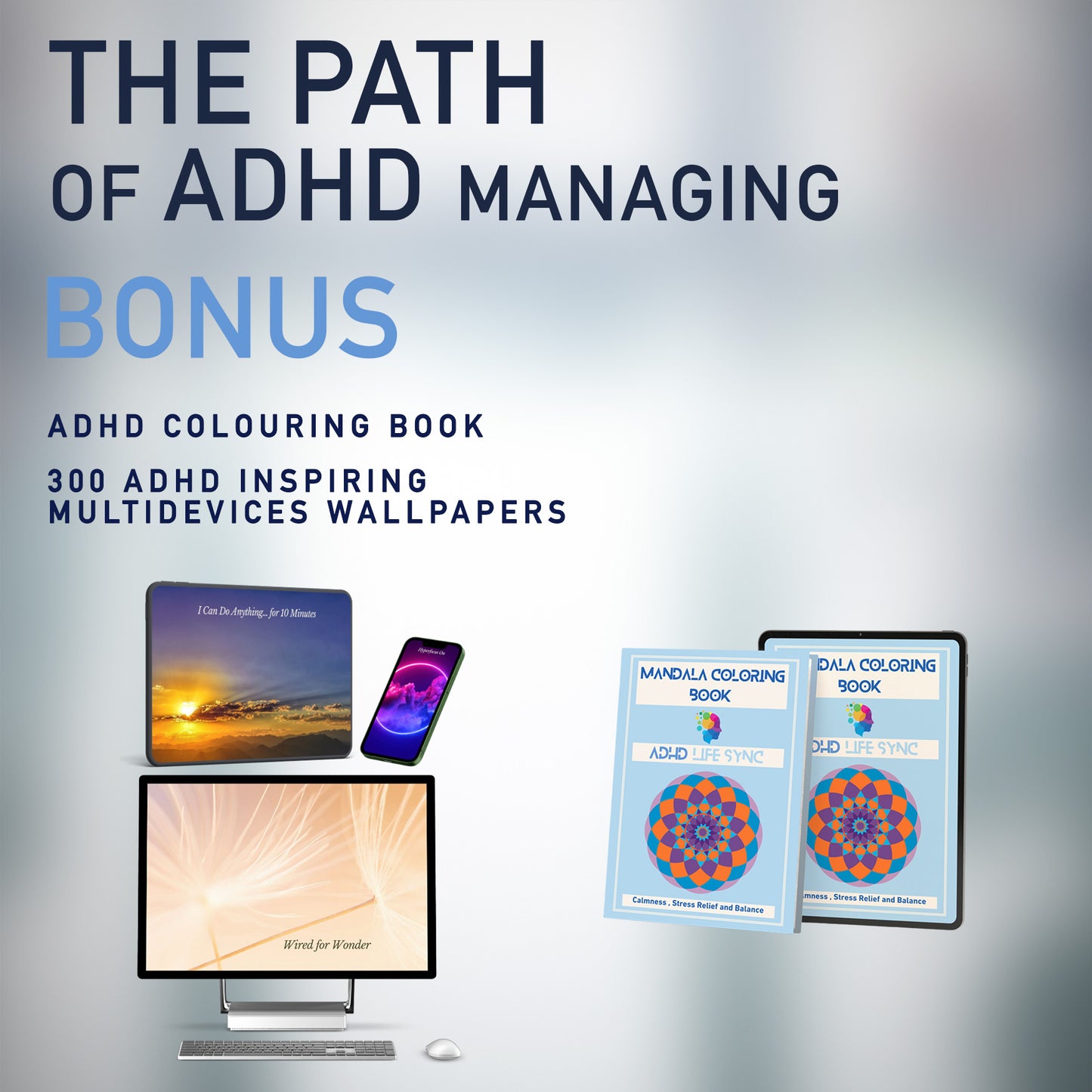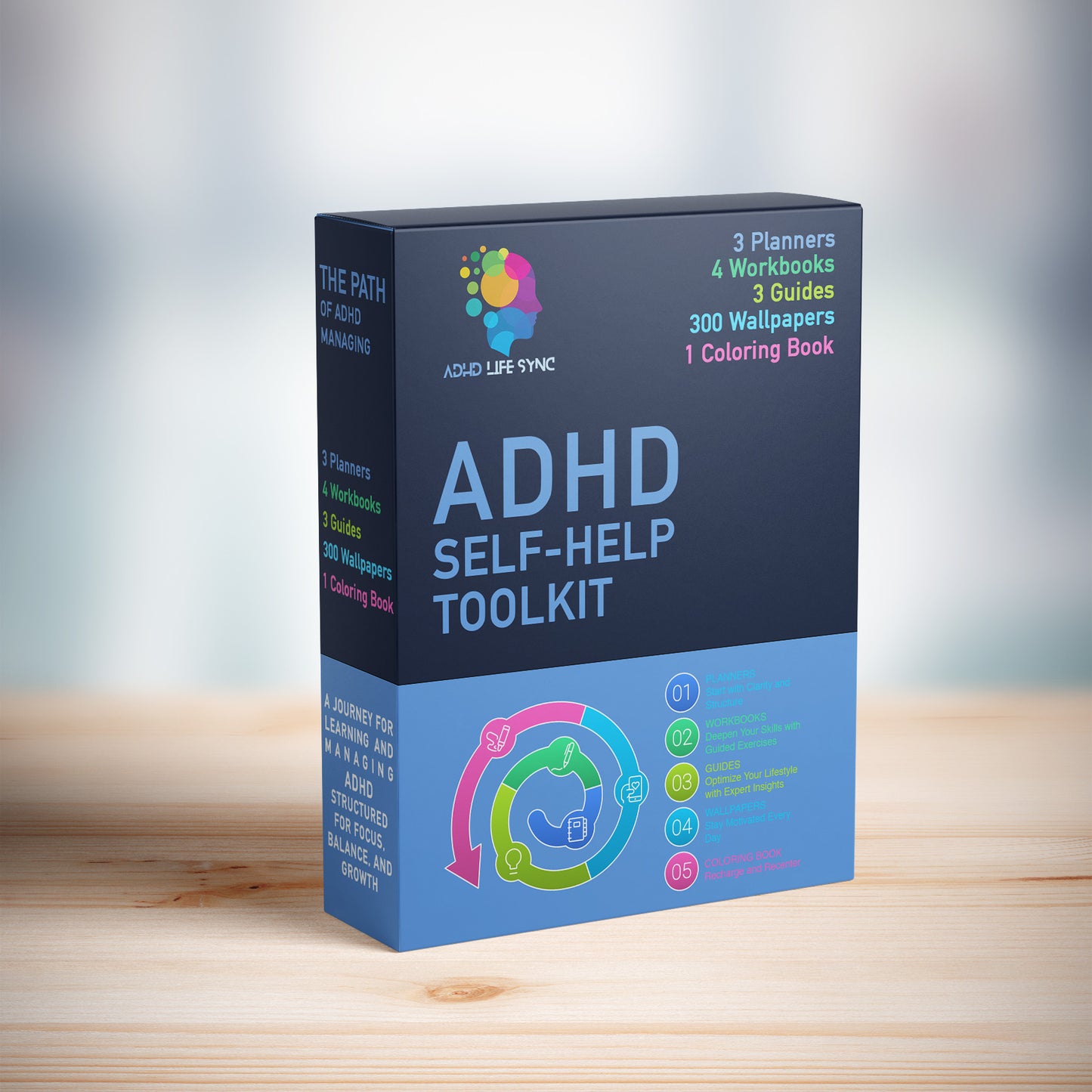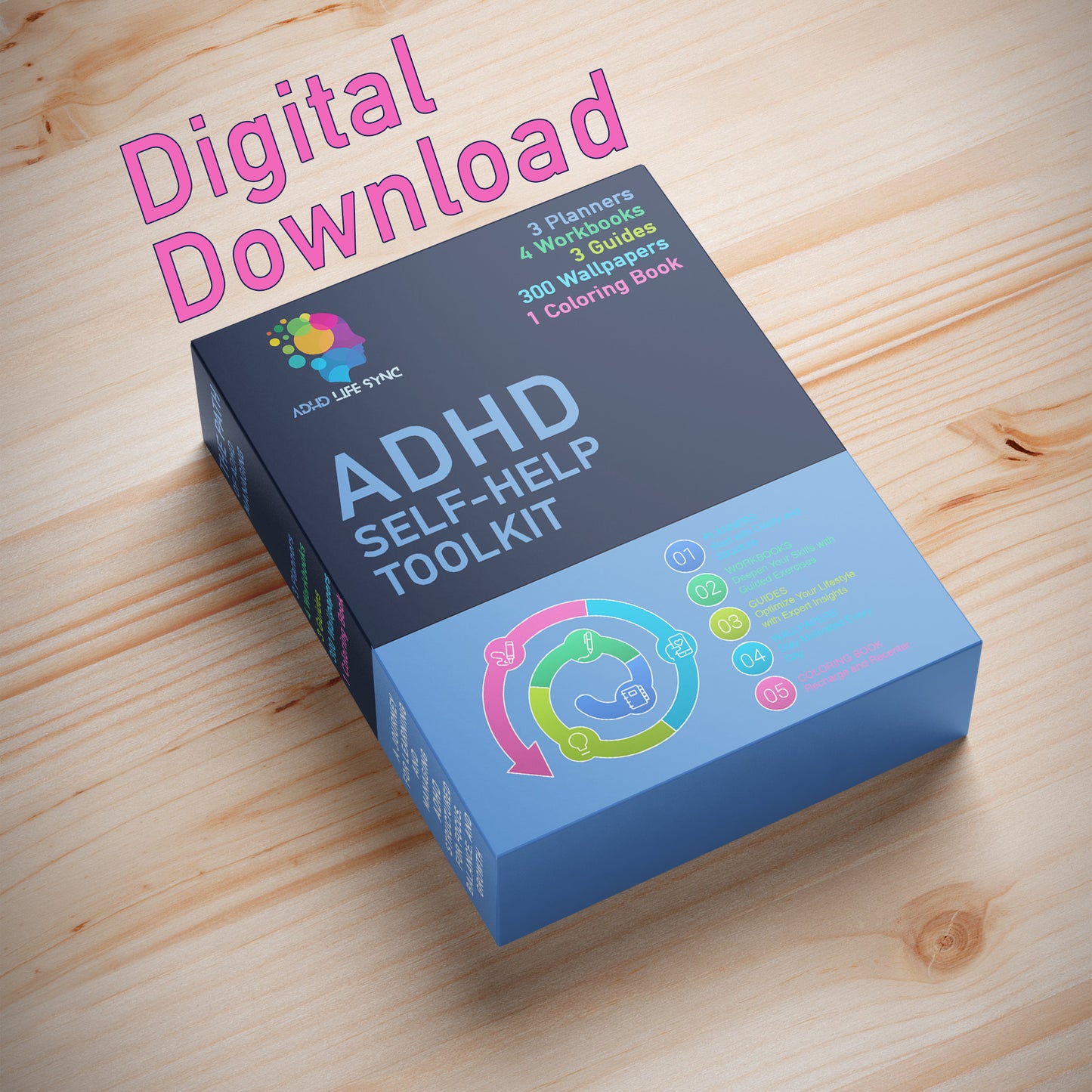
ADHD and Emotional Dysregulation: Strategies for Better Management
Understanding the Impact
Emotional dysregulation is a common challenge for individuals with ADHD, manifesting as intense mood swings and difficulties in managing stress. This condition is intricately linked to the brain's ability to regulate emotions, a fundamental aspect that can affect daily functioning as significantly as inattention or hyperactivity. Dr. Thomas E. Brown, a renowned figure in the ADHD community, underscores the necessity of acknowledging and understanding these emotional hurdles to effectively manage ADHD.
Strategies for Improvement
Managing emotional dysregulation requires a multifaceted approach:
- Utilize a Mood Tracker: Incorporate a mood tracker into your daily routine to document your emotional states. This can help in identifying patterns and triggers, making it easier to anticipate and handle intense emotions.
- Engage in Reflection: Spend time reflecting on your recorded emotions to understand the underlying causes and triggers. This introspection can lead to better management strategies for when intense feelings arise.
- Therapeutic Techniques: Marry your mood tracking efforts with therapeutic approaches such as mindfulness and cognitive-behavioral therapy, as suggested by Dr. Lidia Zylowska. These methods have been researched for their effectiveness in improving emotional regulation among ADHD individuals.
Benefits of Regaining Emotional Control
Achieving better control over emotional dysregulation can significantly enhance personal relationships and overall life satisfaction. It’s about finding stability in one’s emotional landscape, which in turn can lead to improved interactions and a more balanced life.
Expanding Knowledge and Maintaining Positivity
For those interested in deepening their understanding of ADHD and emotional dysregulation, Dr. Brown's insights and other reputable resources can be invaluable. Engage with the material available on the Brown ADHD Clinic's Articles & Journal Research page for a more comprehensive understanding.
Moreover, utilizing the "Quotes to Remember" section in your planner can serve as a daily source of inspiration and motivation, reinforcing a positive outlook and resilience in the face of challenges.
By adopting these strategies and resources, individuals with ADHD can navigate their emotional landscapes more effectively, leading to a more fulfilling and controlled life experience.
